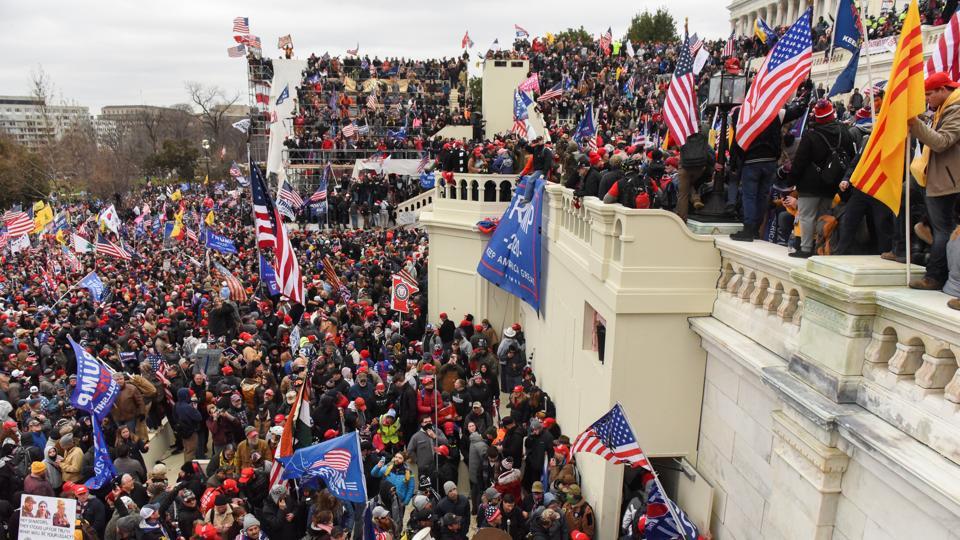

Apocryphal stories tell of individual women like Deborah Samson and Molly Pitcher who actually joined the fight, though this was extremely rare, if it actually happened at all. Thousands of women had assisted the war effort in menial or subservient ways: dutifully following regiments and working in encampments as cooks, nurses and so on. Women, though they made up about half the population, seemed to benefit little from the revolution. Elites were forced to share their power.” They demanded that their interests be considered, even if they conflicted with those of the rich.

New men were able to enter public life, both as voters and as elected officials. The outcome was a significant realignment of relations between elites and their social inferiors at the state level. Claims to continuing social hegemony and political supremacy made by the established and often conservative patriot elites were challenged by men of lower social status, who argued that they were entitled to share in the direction of a nation they were helping to create. Each state moved at its own pace and advances were slower in some places than others.

“Social changes were interwoven with political processes and took longer to mature. The Constitution also allowed the slave trade to continue, though only via a twenty-year sunset clause on the practice. This economic imperative led southern interests to defend slavery rigorously, so much so that it was factored into the Constitution via the three-fifths compromise. This was particularly true in the southern states, where slavery was essential because of labour-intensive methods of farming and the lack of a significant white workforce. Yet despite these advances in thinking and the liberation of some Africans from slavery, the institution itself remained as strong as ever. Abolitionist movements, in existence since before the 1770s amongst groups like the Pennsylvania Quakers, increased markedly during and after the revolution. Some individuals though upheld the spirit of the revolution, granting manumission to their slaves. The wiser revolutionary leaders recognised the hypocrisy of demanding liberty while keeping people in servitude – but some of the loudest voices, like Jefferson and Washington, kept slaves all their lives.
#The world after america free
The numbers of free blacks in America increased almost threefold because of this. The stirring rhetoric of documents like the Declaration of Independence led many slaves to seek their freedom, either by escaping or enlisting in the Continental Army or in the various state militias. Slavery was undoubtedly weakened by revolutionary ideas and the War of Independence, though in many ways it was also fortified in the new society. If there were social changes then they were subtle, complex and incidental, rather than being an explicit aim of the revolution. On the surface, the revolution did little for ordinary people because it had never initially promised to: it had been sparked by opposition to unfair taxation, standing armies and oppressive government – not the mistreatment or the rights of the poor, women, slaves or ‘Indians’. This political impact is obvious because it is reflected in constitutions, systems of government and public records – but the social impact is more difficult to define. Its main achievements were political and economic: the transference of sovereignty from a British king to Americans, the maturation of colonial assemblies into state legislatures, the release of merchants from the chains of British trade laws and duties, and the opening up of westward territories for exploration. On many levels, the revolution seemed to benefit only those who had already enjoyed significant status, such as the colonial elites. One of the most hotly debated topics of the American Revolution is to what extent it changed the lives of ordinary people. How did the revolution change American society? Historians have long debated its short-term and long-term effects of the revolution and its social changes. The impact the revolution had on the roles of women is debated by historians


 0 kommentar(er)
0 kommentar(er)
